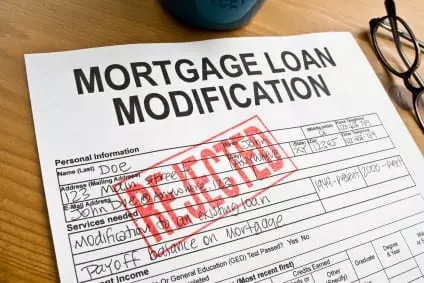Stopping a Foreclosure Auction with a Short Sale
Visit my site Massachusetts Short Sales . info to read the article I wrote on how Stopping a Foreclosure Auction with a Short Sale. Short sales have many benefits to home owners. One such benefit is if we are currently…






